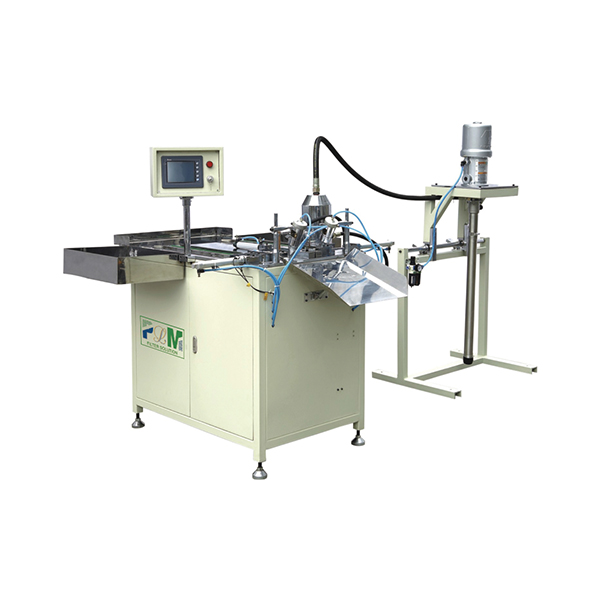Nov . 25, 2024 07:10 Back to list
Exporter of Car Air Filters for Effective PM2.5 Pollution Control Solutions
The Rising Demand for PM2.5 Car Air Filters An Overview of Export Opportunities
In recent years, air pollution, particularly in urban areas, has become a significant concern affecting public health and the environment. One of the most alarming pollutants is particulate matter known as PM2.5, which consists of tiny particles that can penetrate deep into the lungs and even enter the bloodstream. As more people become aware of these dangers, there has been a noticeable rise in the demand for PM2.5 car air filters. This has created ample opportunities for exporters in this niche market.
Understanding PM2.5 and Its Impact
PM2.5 refers to fine particulate matter with a diameter of less than 2.5 micrometers. Sources of PM2.5 include vehicle emissions, industrial discharge, and even natural occurrences like wildfires. Inhalation of these particles can lead to serious health issues, including respiratory and cardiovascular diseases. Consequently, consumers are increasingly seeking solutions to mitigate exposure to this dangerous pollutant, particularly within their vehicles where they spend considerable time.
The Necessity of Car Air Filters
Car air filters play a critical role in safeguarding passengers from PM2.5 exposure. These filters are designed to trap and remove particulate matter from the air entering the vehicle's interior. High-efficiency particulate air (HEPA) filters and activated carbon filters are among the most effective options available in the market today. With automotive manufacturers looking to enhance the air quality within vehicles, there’s been a significant uptick in the production and integration of advanced air filtration systems.
Export Market Potential
The growing awareness of air quality issues translates into a lucrative market for exporters of PM2.5 car air filters. Regional markets experiencing rapid urbanization and industrialization, especially in Asia-Pacific countries, are particularly promising. Consumers in these regions are becoming increasingly health-conscious, propelling demand for high-quality air filtration products.
Furthermore, as governments worldwide impose stricter emission standards and vehicle regulations, manufacturers are compelled to provide more efficient air filtration systems. Exporters who can adapt to these regulatory changes will find themselves with a competitive edge. Collaborations with automotive manufacturers to supply OEM (Original Equipment Manufacturer) filters also present significant opportunities to expand market reach.
pm2.5 car air filter exporter

Responsibilities of Exporters
To thrive in the PM2.5 car air filter export market, businesses need to prioritize several key responsibilities
1. Quality Assurance Ensuring high-quality production standards is essential. Filters must meet international safety and performance standards to gain consumer trust and regulatory approval.
2. Research and Development Continuous investment in R&D can lead to innovative filtration technologies that outperform existing products, capturing a larger market share.
3. Sustainability As environmental concerns grow, manufacturers should consider using eco-friendly materials and sustainable practices in production. This not only enhances brand image but also caters to a growing segment of environmentally conscious consumers.
4. Market Analysis Understanding the diverse requirements of different regions can help tailor products effectively. Factors such as local air quality standards, climate conditions, and consumer preferences should guide export strategies.
5. Strategic Partnerships Forming alliances with local distributors and automotive companies can facilitate market entry and provide valuable insights into consumer behaviors.
Conclusion
The increasing concern over air quality and the effects of PM2.5 has paved the way for a burgeoning market for car air filters. As consumers demand cleaner air in their vehicles, exporters have an excellent opportunity to meet this demand. By focusing on quality, sustainability, and innovation, they can play a crucial role in promoting healthier living conditions while expanding their business horizons. The PM2.5 car air filter market is not just an opportunity for financial gain but also a step toward contributing positively to public health and environmental sustainability.
-
PP Spun Filter Cartridge Making Machine for Efficient Filtration Solutions
NewsJul.29,2025
-
Active Carbon Air Filter for Air Purifier - Superior Odor & Pollutant Removal
NewsJul.29,2025
-
High Strength Orange PU Glue for Versatile Bonding Solutions
NewsJul.28,2025
-
Active Carbon Air Filter for Air Purifier – Superior Filtration Efficiency
NewsJul.27,2025
-
High Strength Orange PU Glue for Versatile Bonding Solutions
NewsJul.26,2025
-
Active Carbon Air Filter for Air Purifier – Efficient Odor & Allergen Removal
NewsJul.25,2025
